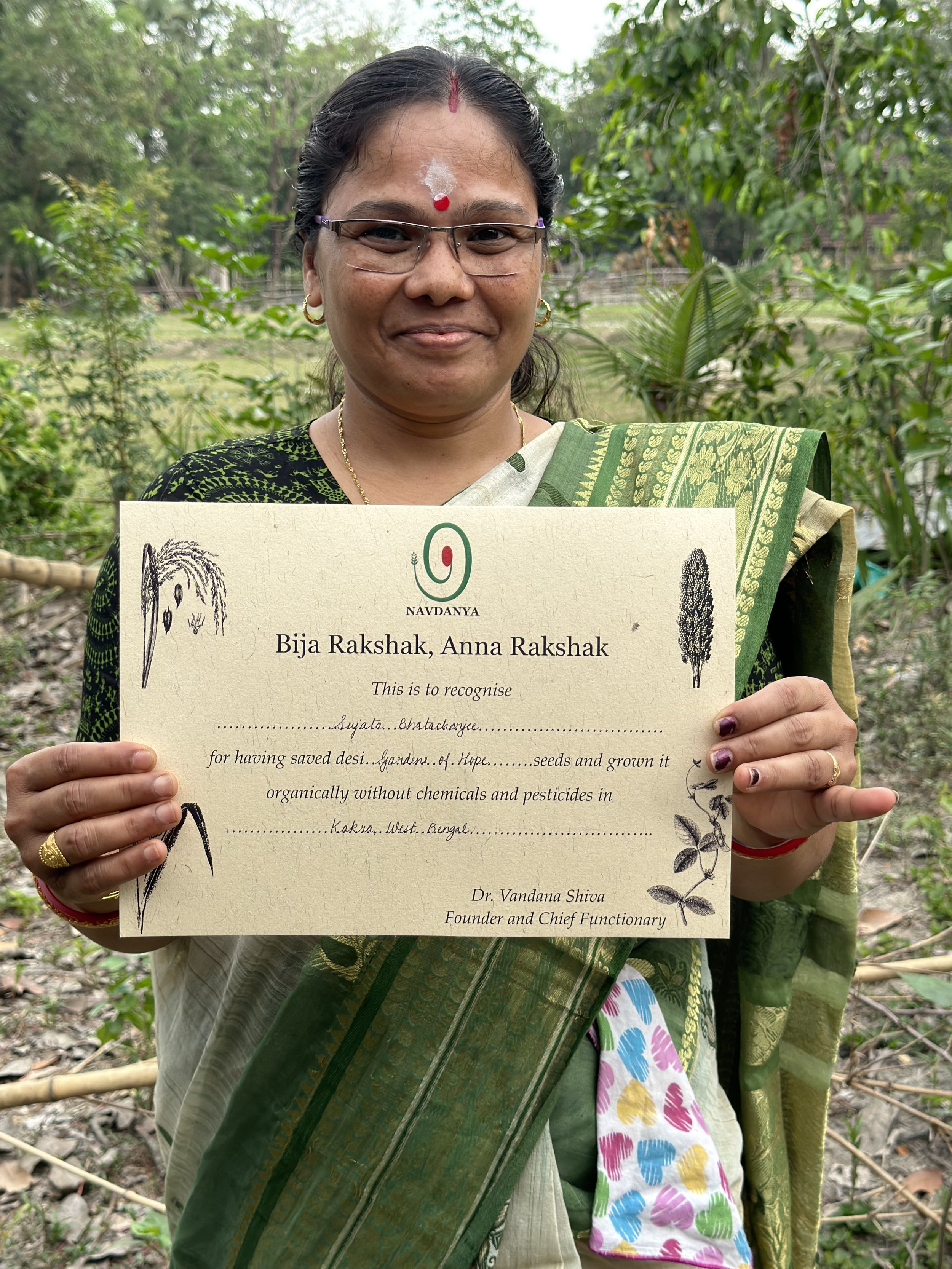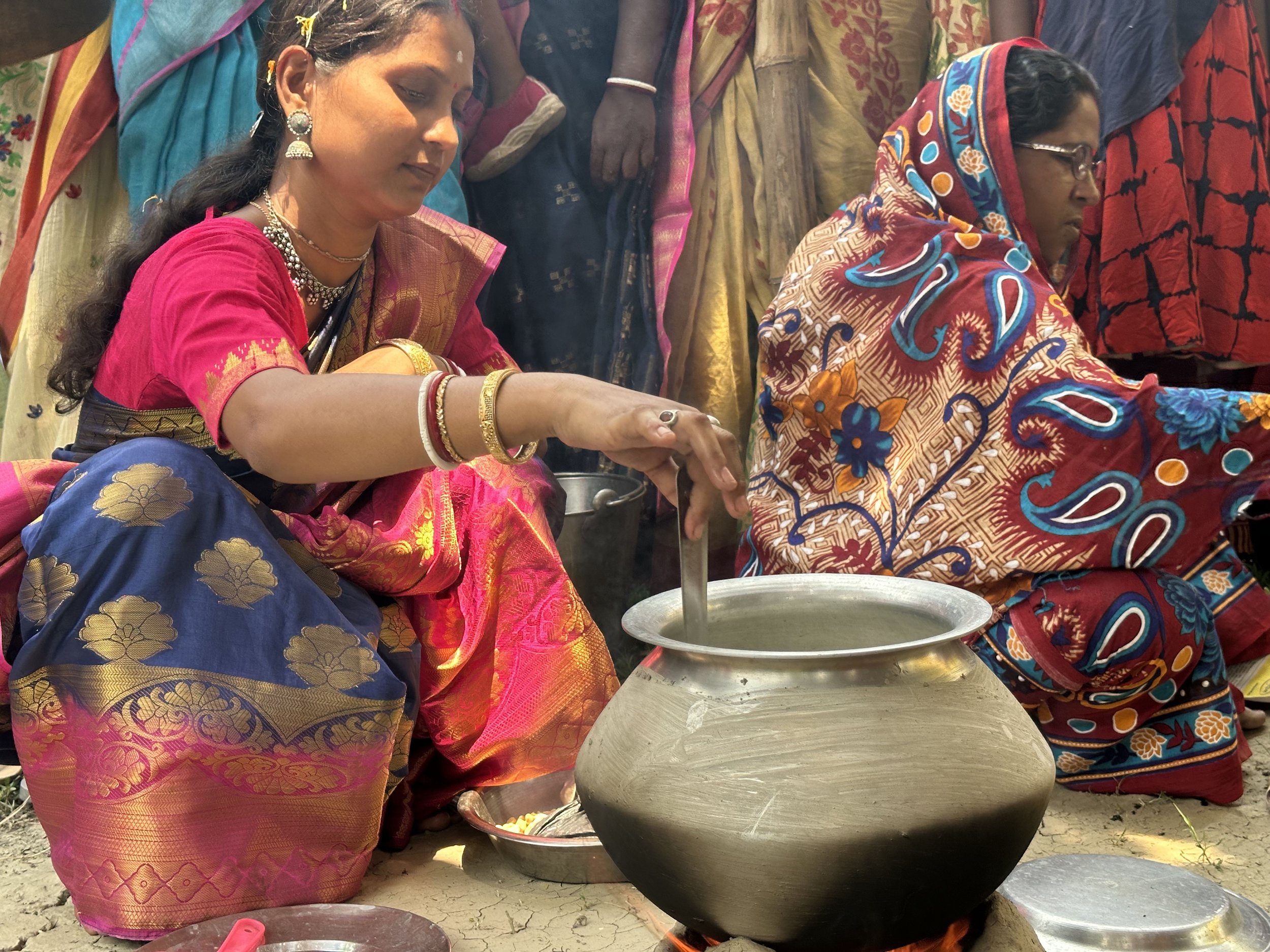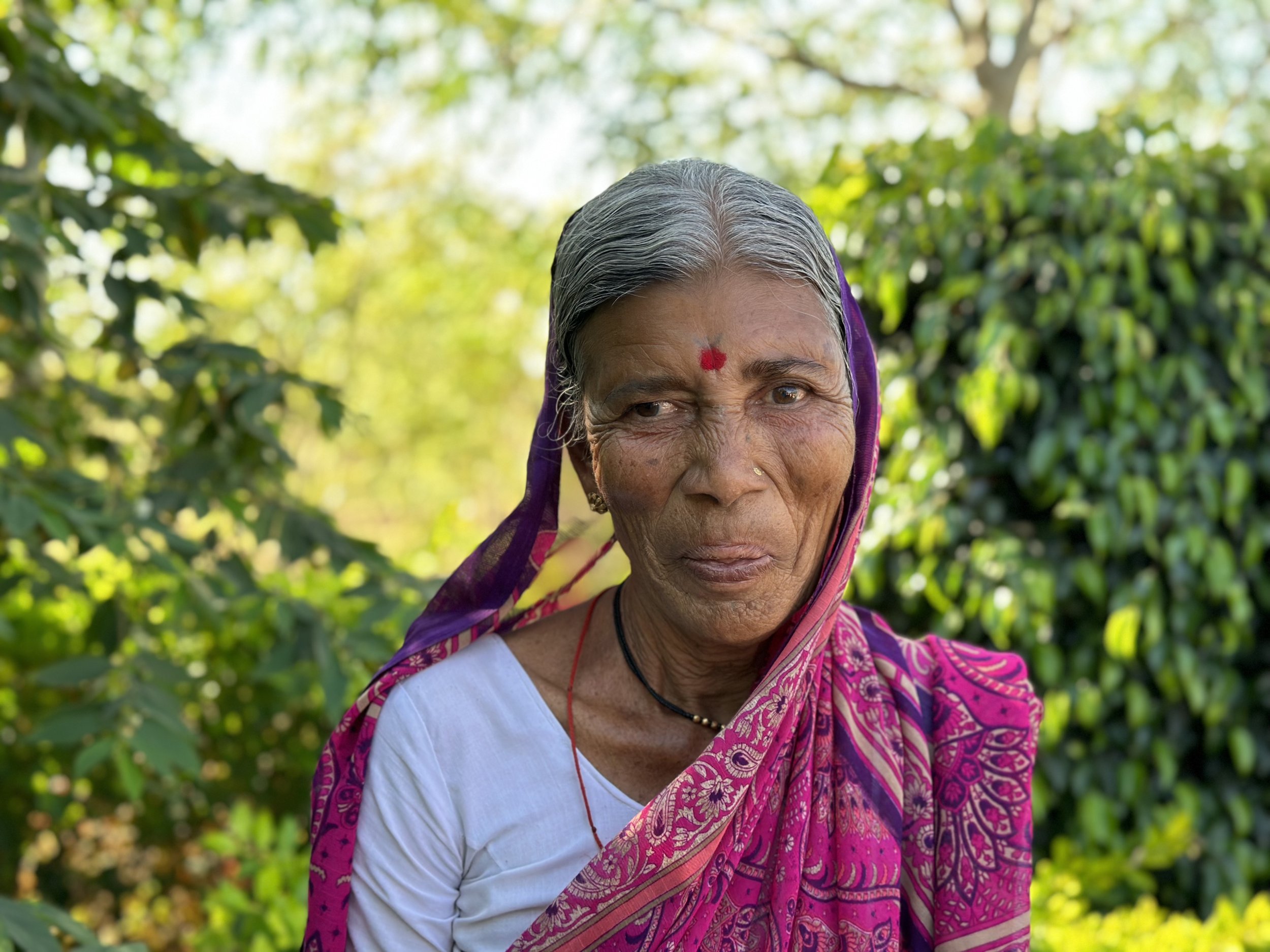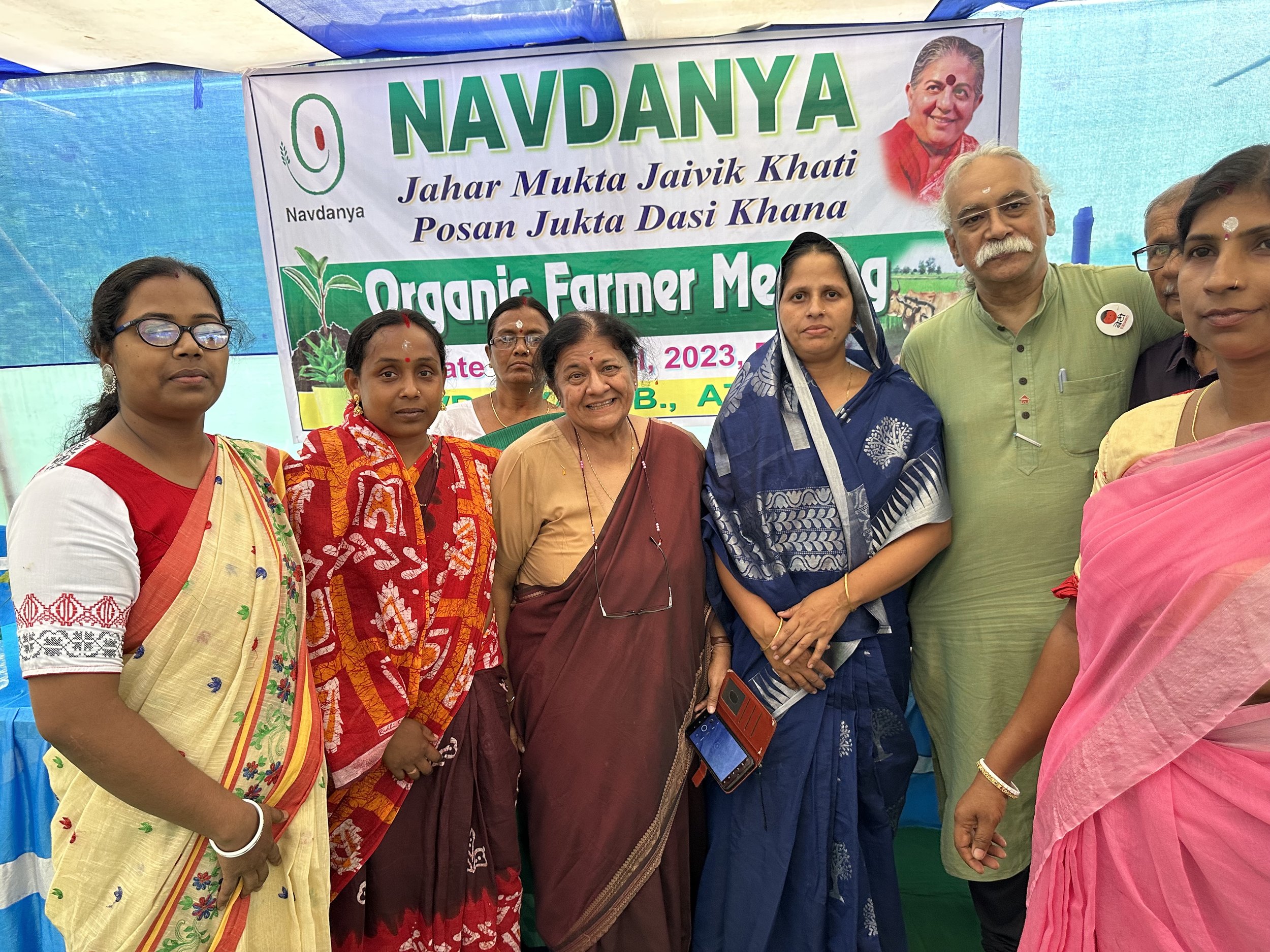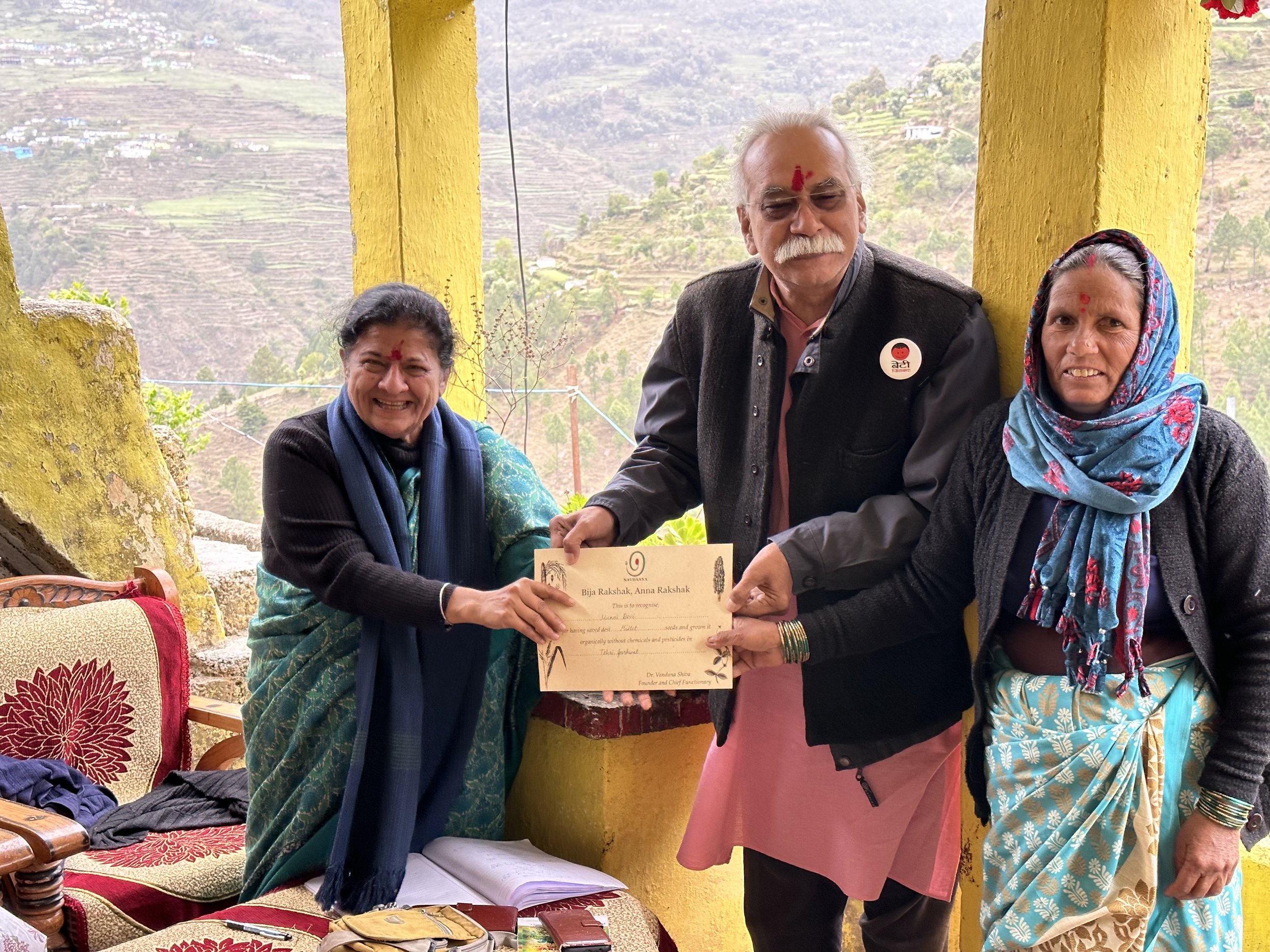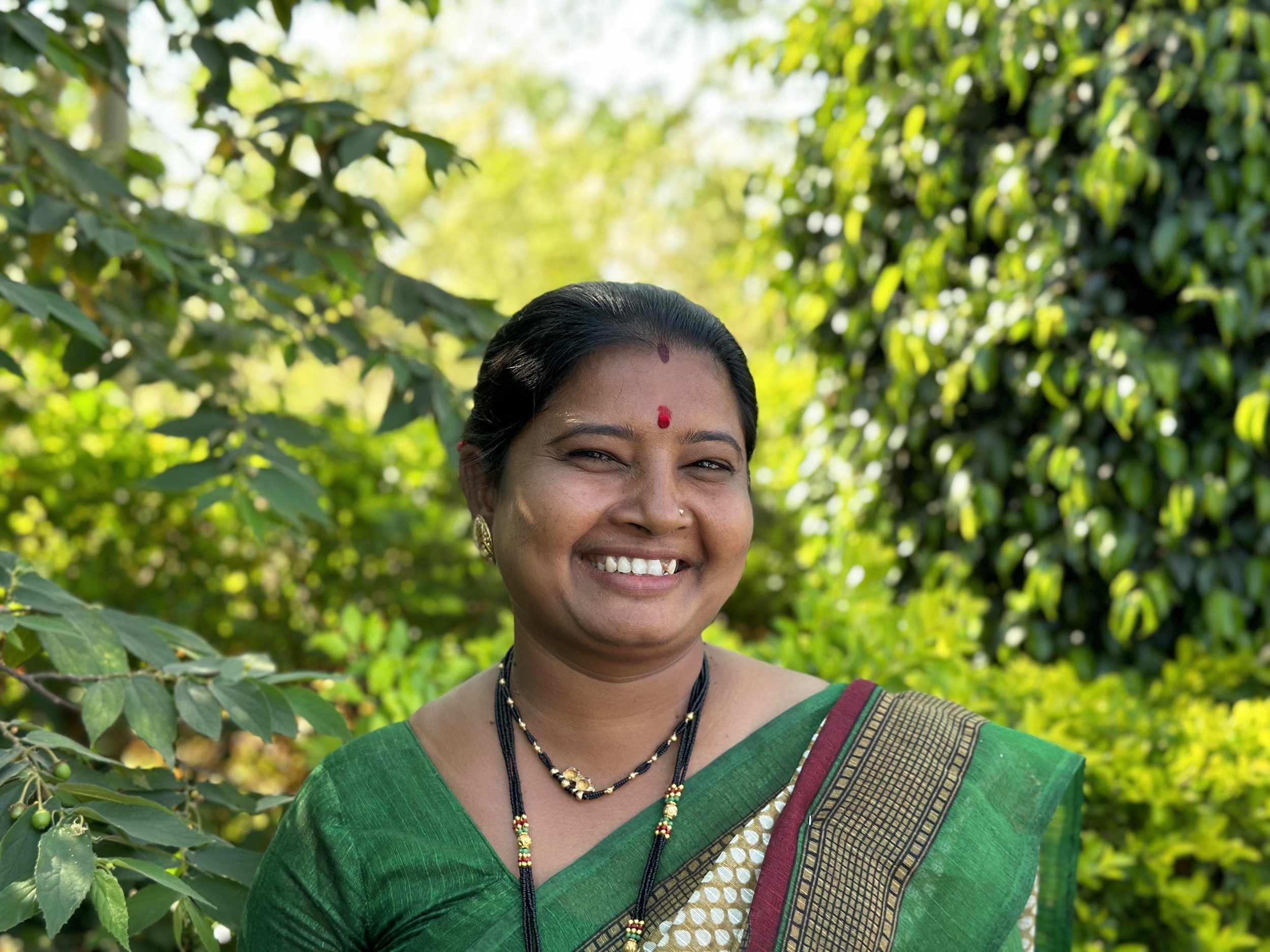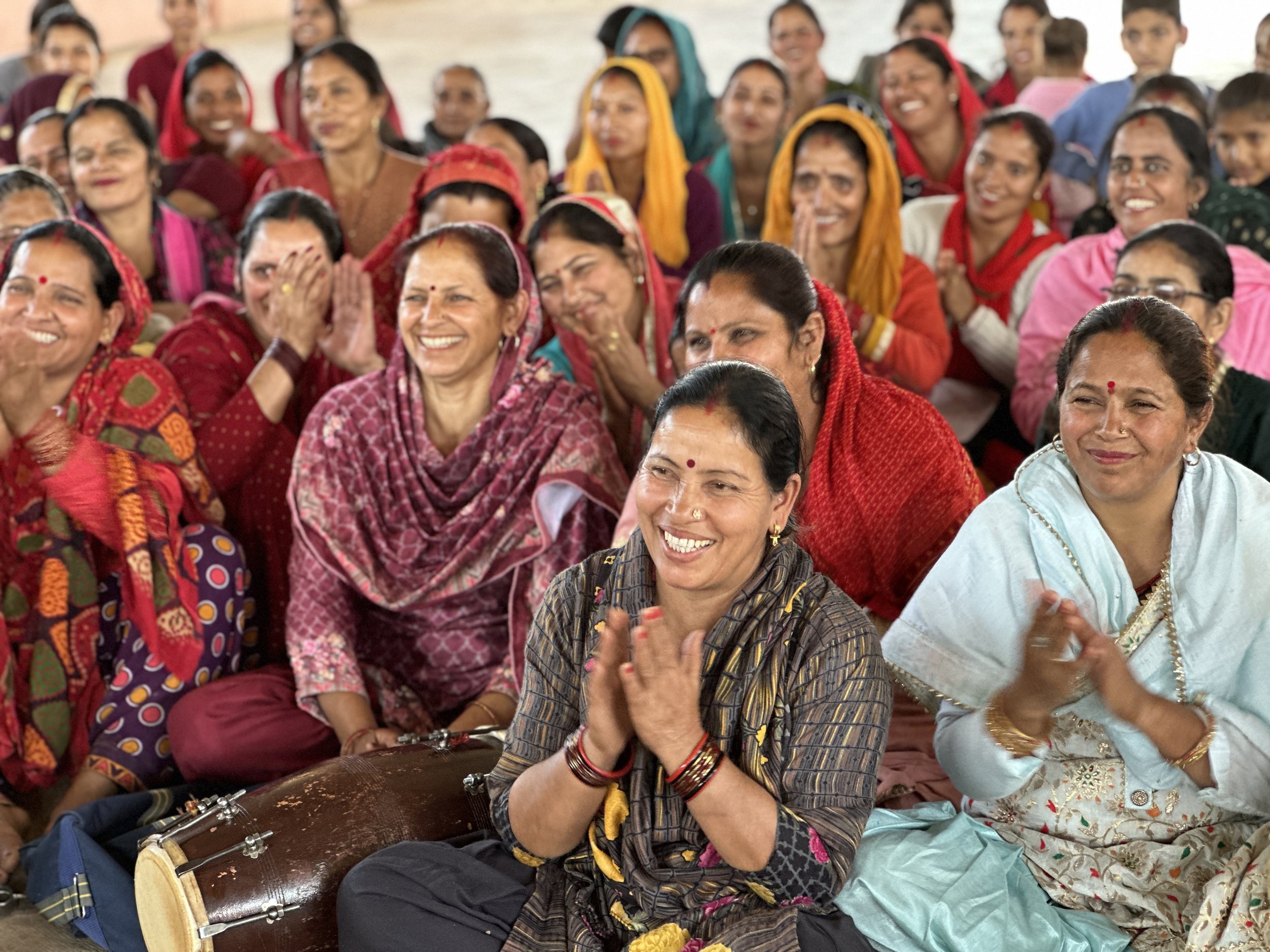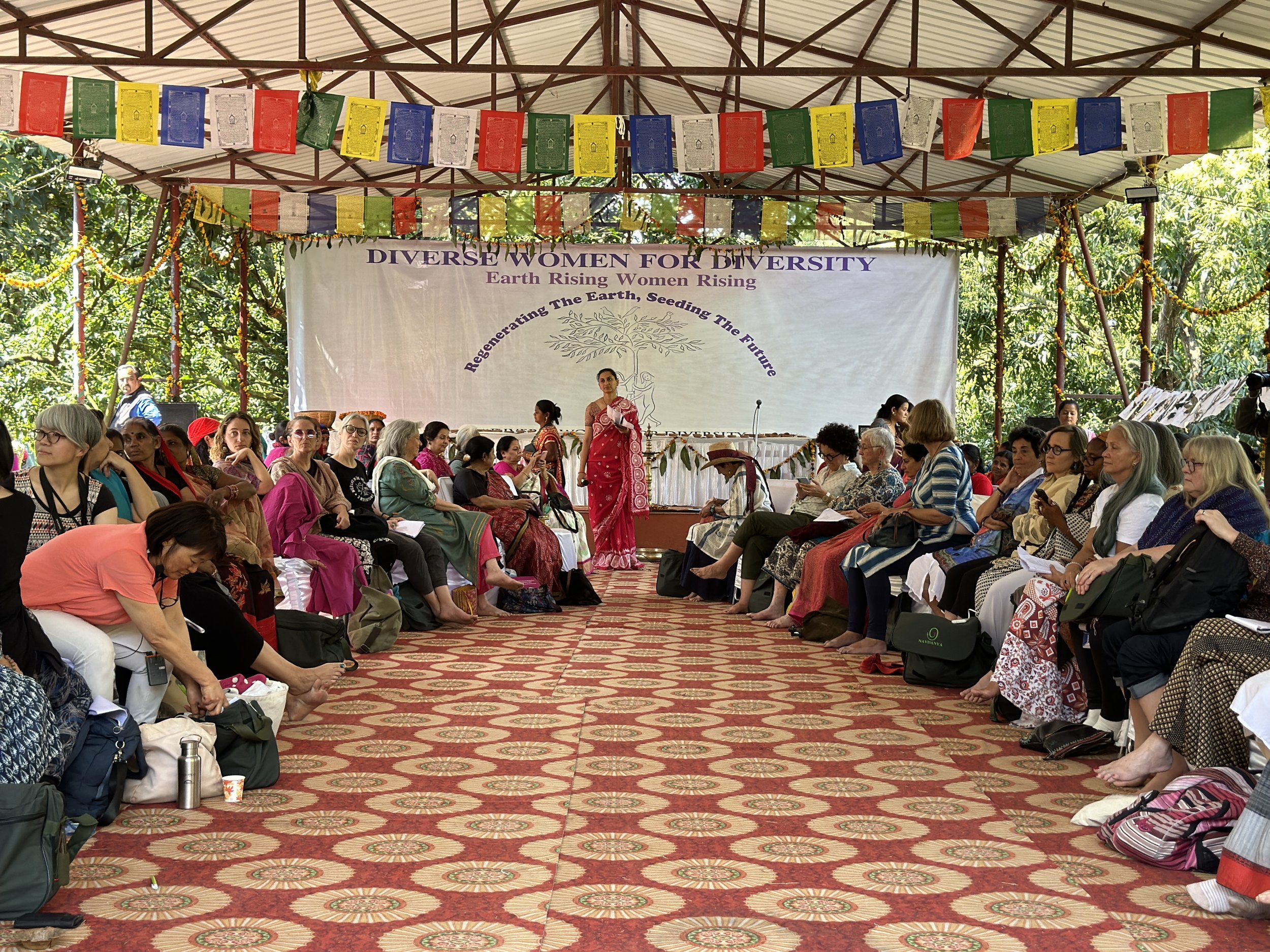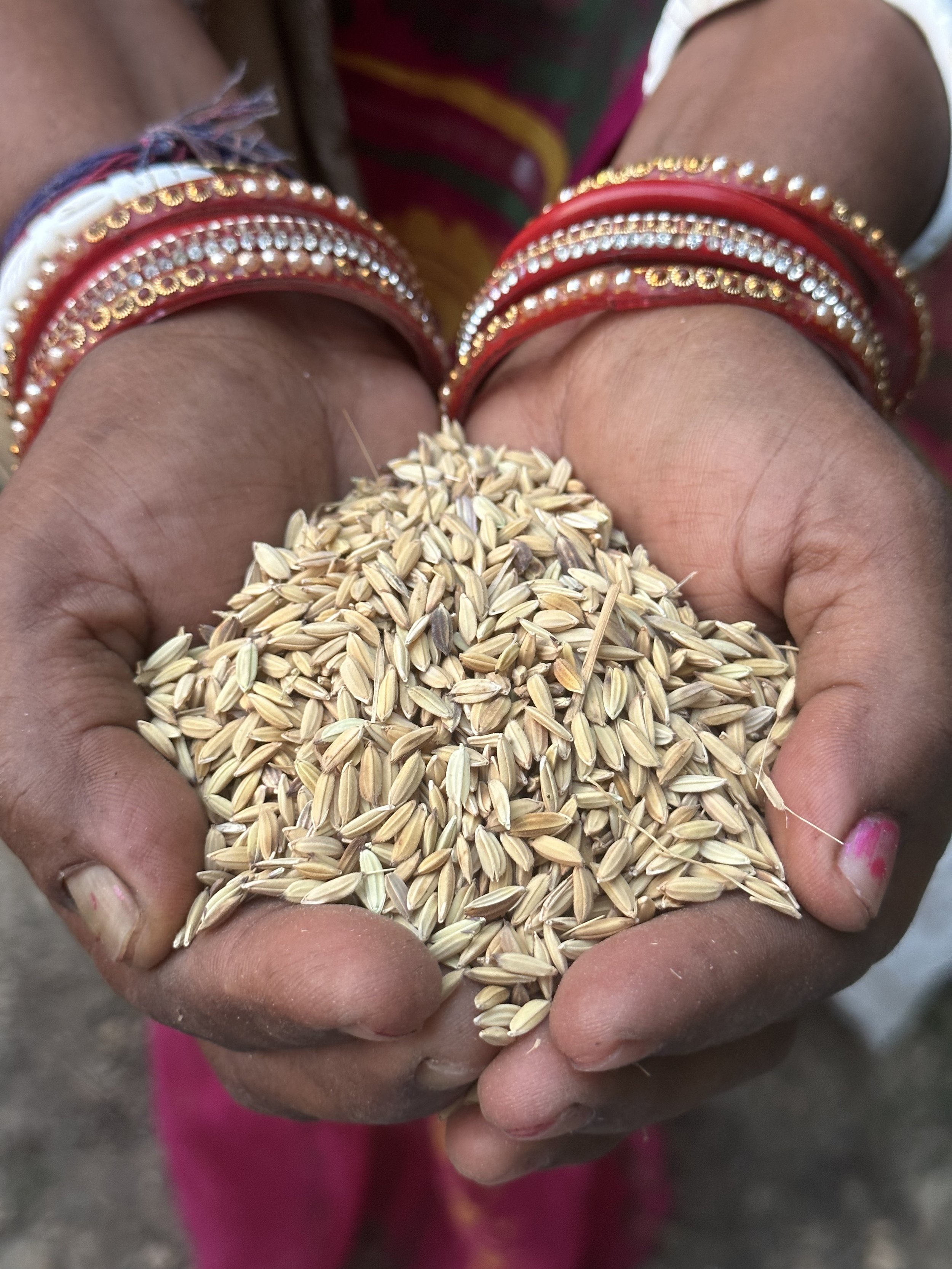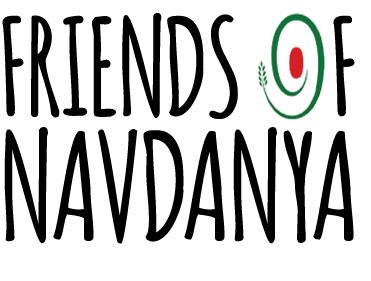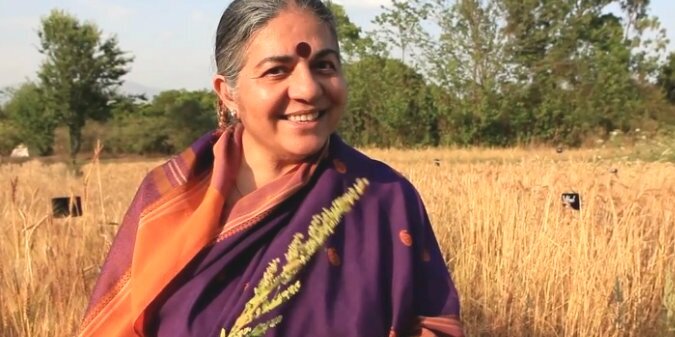
“Seed is not just the source of life. It is the very foundation of our being.” -Vandana Shiva
FRIENDS OF NAVDANYA was created to support and expand the work of Navdanya, a women-led movement founded 30 years ago by environmentalist Dr. Vandana Shiva to defend seed & food sovereignty of small farmers. Central to Navdanya’s mission is the vision of an EARTH DEMOCRACY, a new agricultural & economic paradigm where seed, food & ecological justice takes precedence over profits in today’s global food system; & where economic security, biodiversity, & the mitigation of climate change are achieved via regenerative agroecology. HELP US SEED THE FUTURE FOR FARMERS & THE EARTH.
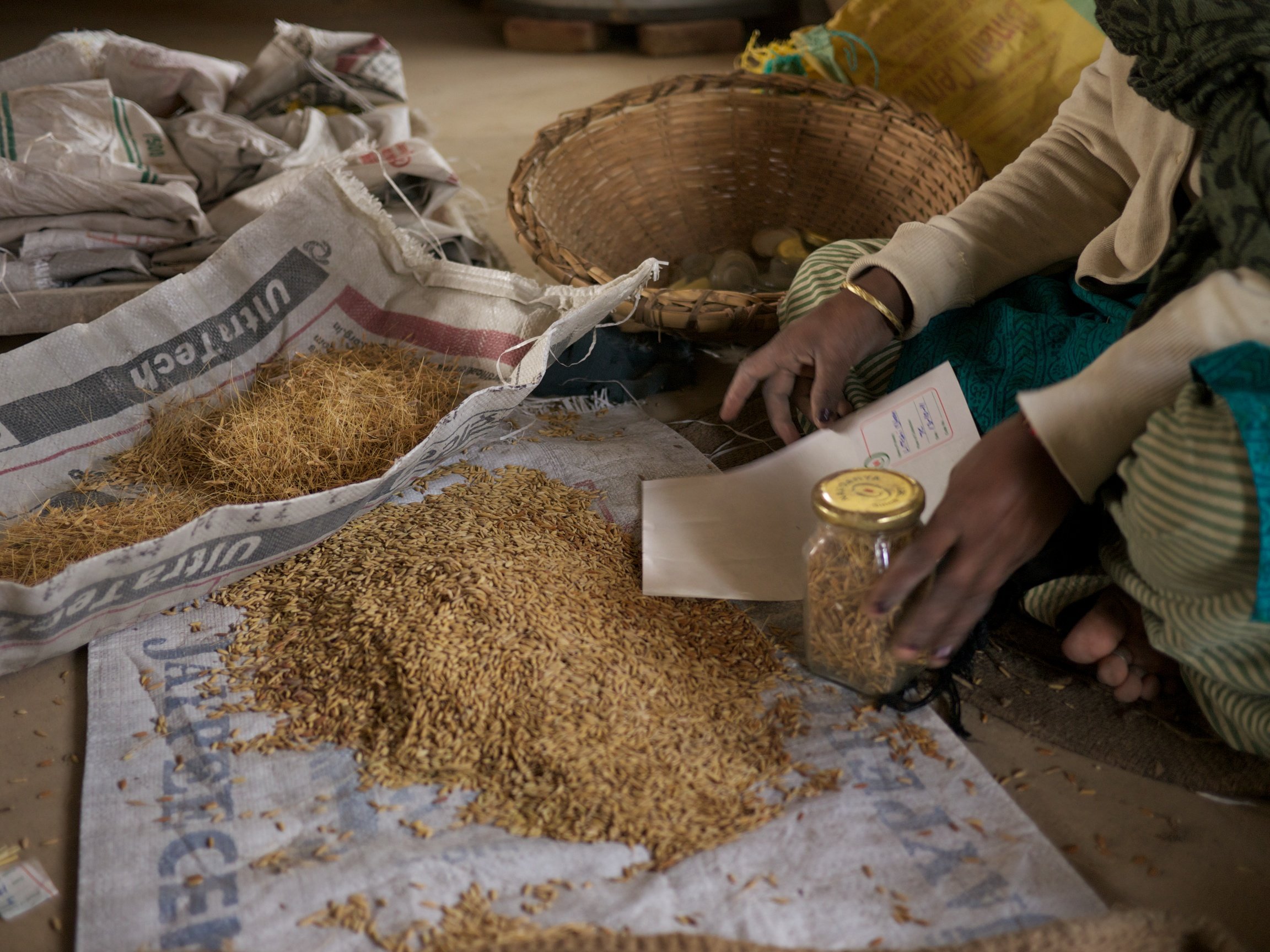

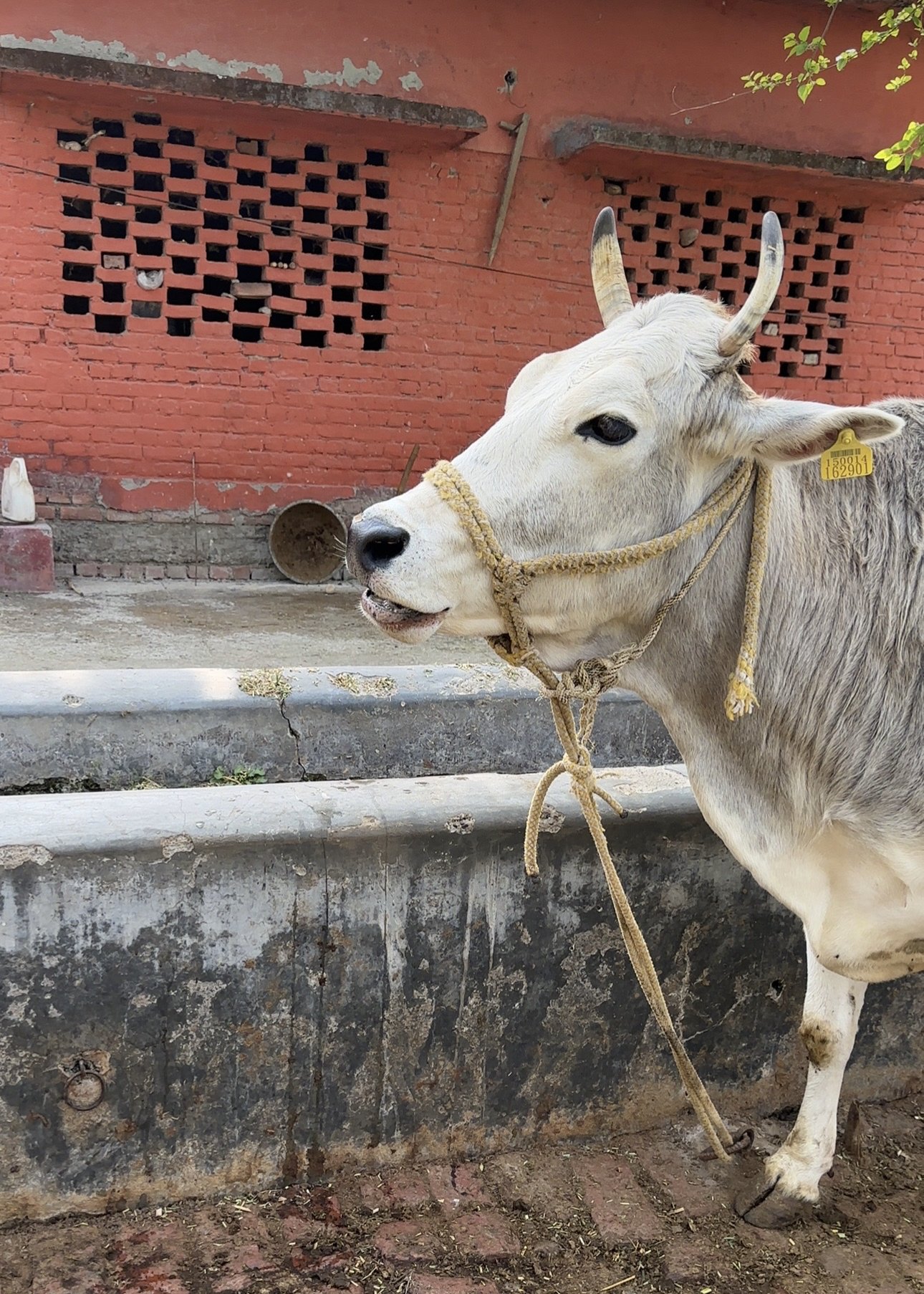

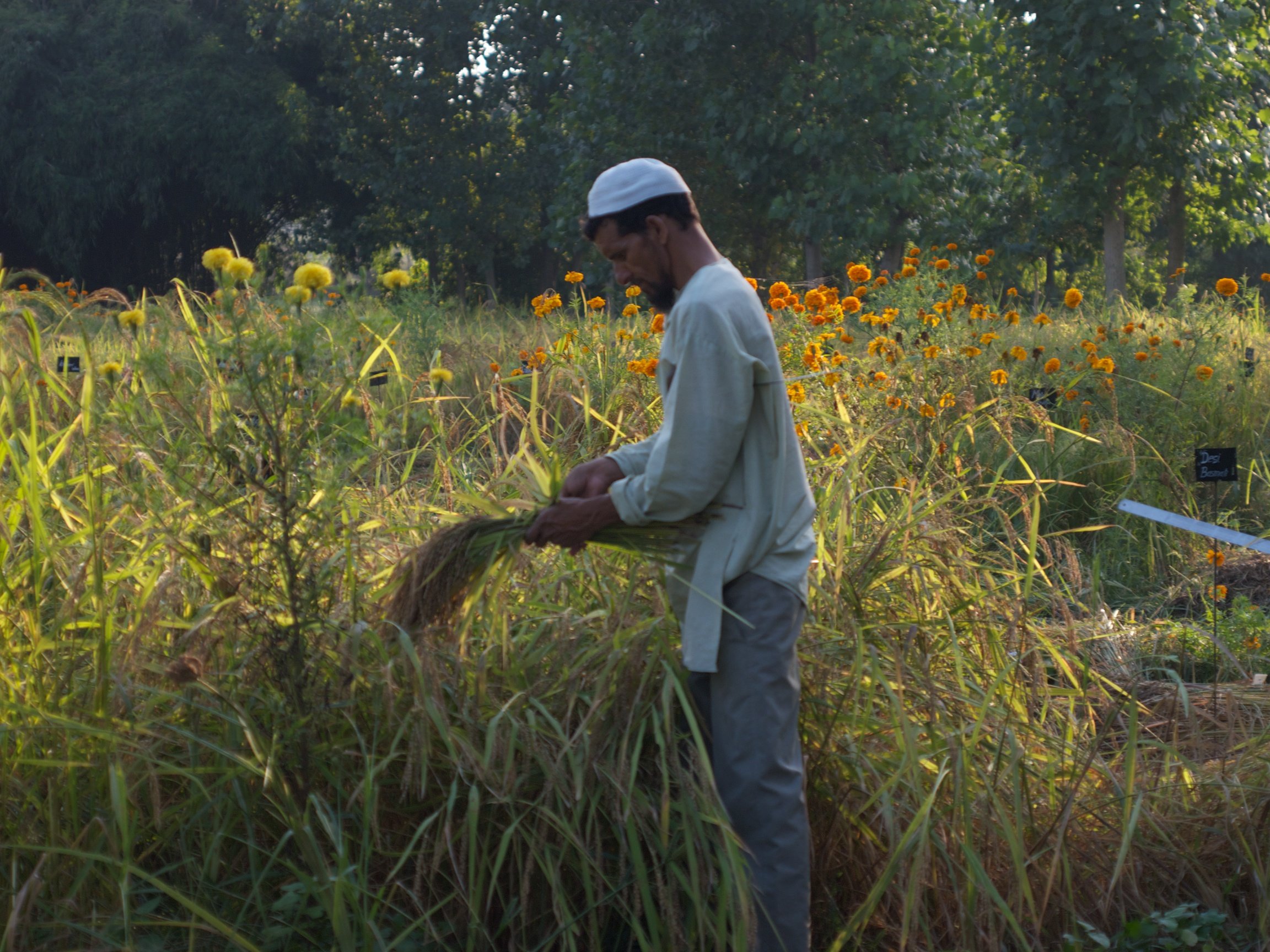
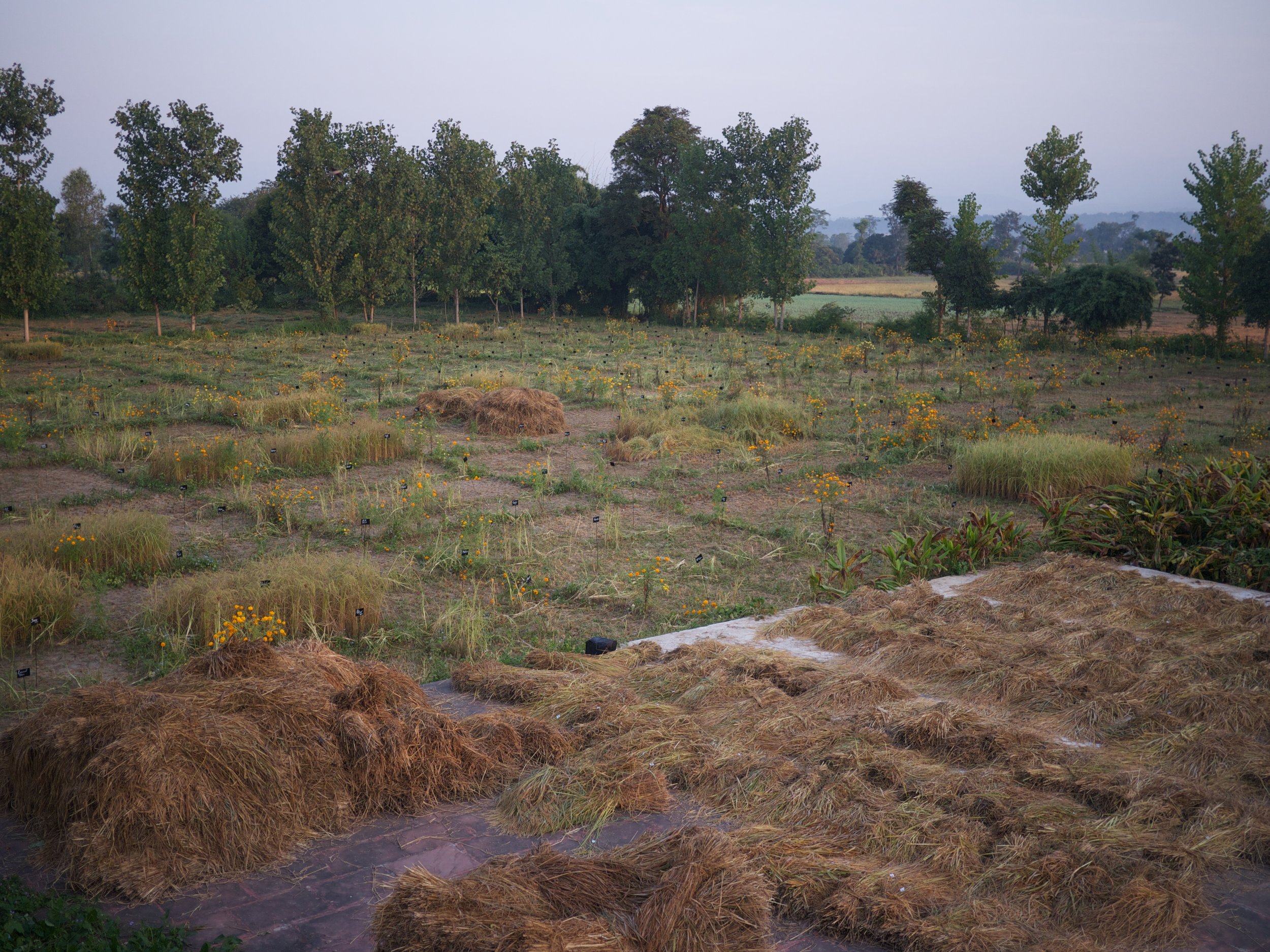

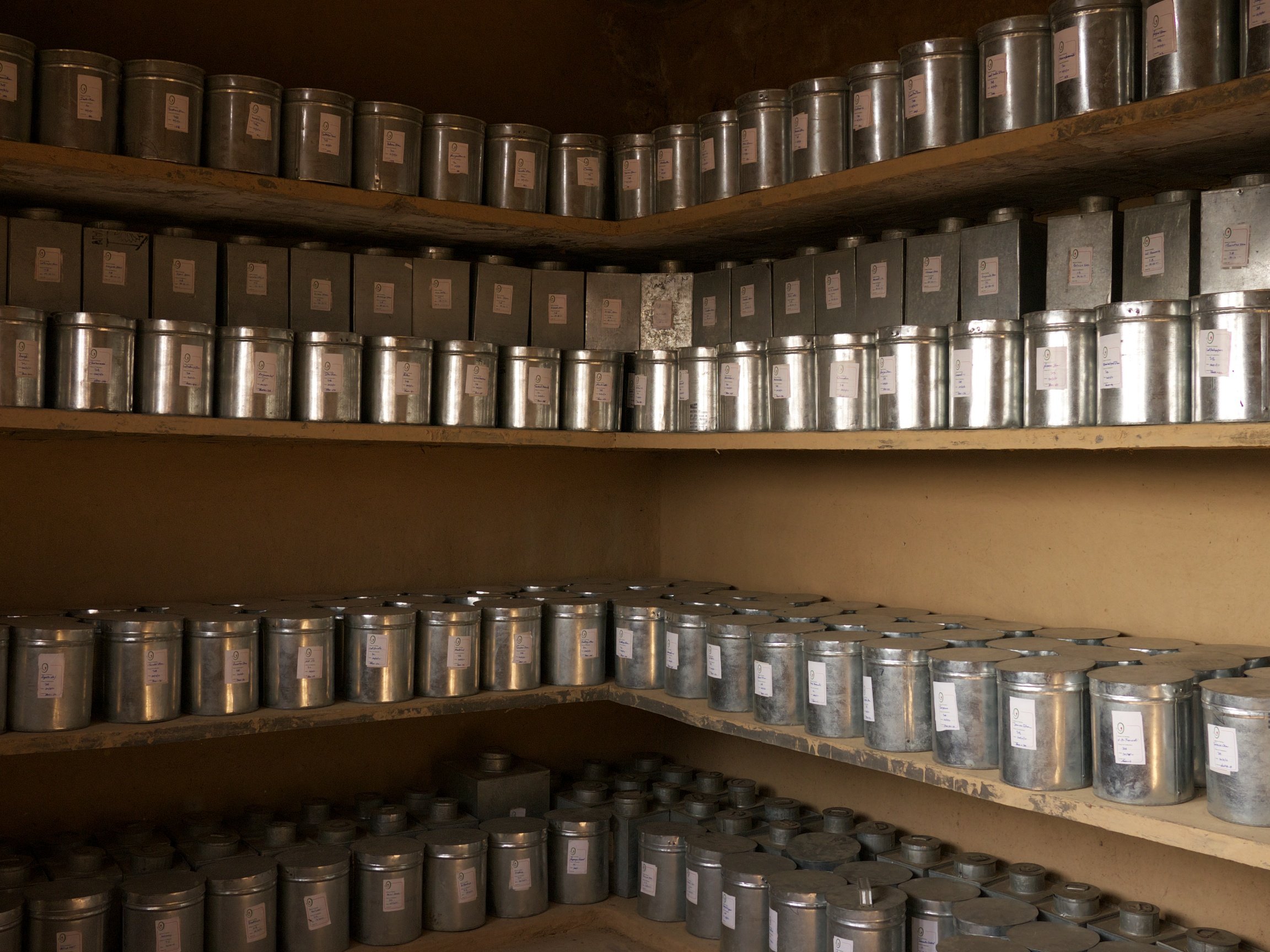
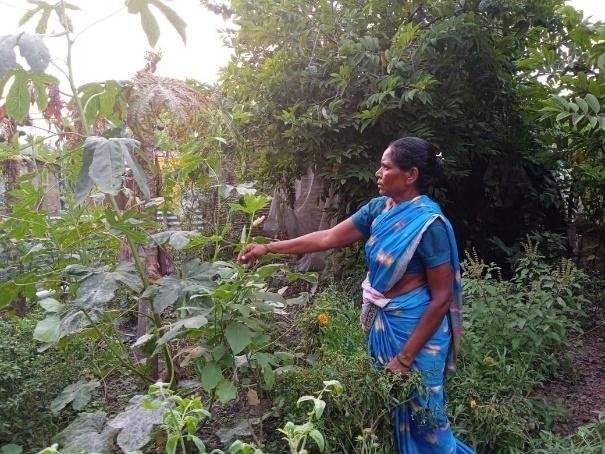
FROM CLIMATE CRISIS TO CLIMATE WISDOM | FARMERS ADAPT TO THE NEW NORMAL
As we look back on 2025, we reflect on over three decades of Navdanya's efforts to cultivate what can only be called Climate Wisdom.
At the heart of this wisdom lies seed sovereignty: over 1,500 indigenous crop varieties like drought-tolerant millets, flood-resistant wheat and rice, and hardy pulses conserved in community seed banks that serve as life insurance for farming families. Navdanya's network learns and shares organic techniques, new and old. From composting, green manures, and cow-based biofertilizers to rebuild living soils, to traditional water-harvesting systems like ponds, contour bunds, and mulches to capture every drop. Practices like agroforestry plantings of neem, mango, and moringa trees create cooler microclimates and wind protection, contributing to the knowledge many farmers have already inherited.
When climate emergencies strike, farmers rely on collective seed sharing, rebuilding lost crops from community stores. Women remain the heart of this resilience, leading kitchen gardens, seed exchanges, and nutrition-based farming that anchors families through uncertainty. At Navdanya’s Research Farm, students, researchers, and farmers learn to observe, test, and document organic responses to climate stress, making the farm itself a living laboratory of adaptation. Together, these practices form the foundation of Earth Democracy rooted in Climate Wisdom, where biodiversity, rather than biotechnology, is the true path to climate resilience, and where every act of cultivation becomes an act of hope.








MAS | Mahila Anna Swara
2025 began with 139 new MAS women-led training for over 1,000 women in regenerative farming. MAS, or Mahila Anna Swara (Women’s Food Sovereignty), has expanded its reach to hundreds of villages across Uttarakhand, Odisha, Maharashtra, and beyond, strengthening bonds between women’s farmers and connecting traditional knowledge to ecological science and family kitchens to policy dialogues. Their leadership is transforming not just agriculture, but the social fabric of rural life.
MAS reflects Vandana Shiva’s philosophy that true sovereignty begins with control over one’s food and seed systems, and that women—being the primary seed keepers, farmers, and caregivers—are central to reclaiming that sovereignty from industrial agriculture. As Navdanya marks another year of regeneration, the MAS Gurus remind us that empowerment begins in the soil—and that when women rise as teachers, communities rise with them.
-

THE FARM
Since the 1980’s, Dehradun, India has been home to the Navdanya farm and Bija Vidyapeeth/Earth University. The thriving organic farm, biodiversity research center, and seed bank welcomes farmers, students, researchers and thought leaders from all over the world to come learn and engage in nature surrounded by the Himalayas.
-

WHY DONATE?
When you contribute to Friends of Navdanya, your support strengthens the mission of Navdanya to create farmer self-reliance, defend seed & food sovereignty, and preserve Earth Democracy. Join us in advancing this vital work for the future of our planet and the well-being of farmers globally.
-

THE MOVEMENT
The Navdanya Movement began with a focus on seed freedom and agroecology and has expanded to include food for health, climate resilience, corporate control & economic democracy, and Earth democracy. It began with Navdanya in India and expanded globally with the creation of Navdanya International and the addition of Friends of Navdanya.
